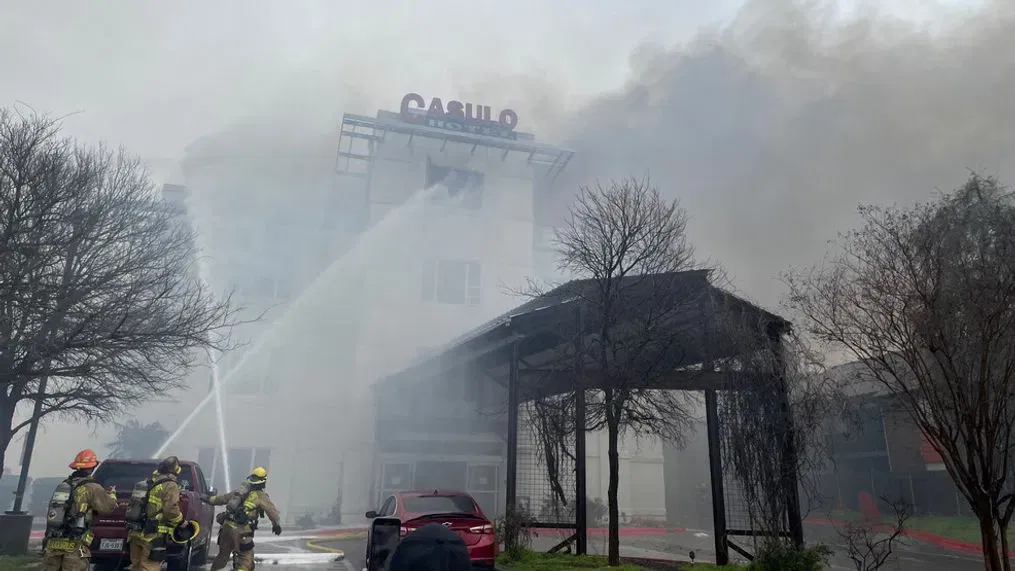Once known primarily for their academic institutions and seasonal student life, college towns across the United States are undergoing a fascinating transformation. These small to mid-sized cities are evolving into year-round cultural and business hubs, attracting not only students and faculty but also entrepreneurs, remote workers, creatives, and retirees. What was once seen as a transient, youth-centered locale is now becoming a magnet for innovation, culture, and community.
The Brainpower Effect
One of the key reasons for this transformation is the intellectual capital embedded in college towns. With a steady influx of educated individuals, these areas boast a concentration of ideas, talent, and research that naturally draws interest from startups and established businesses alike. Universities often serve as incubators for new technology and innovation, providing access to resources, labs, and even funding for entrepreneurial ventures.
Towns like Boulder, Colorado (home to the University of Colorado), and Ann Arbor, Michigan (home to the University of Michigan), have become known for their thriving tech and startup scenes. The proximity to talent and the open-minded, experimental nature of student populations make college towns attractive to businesses looking to innovate.
Remote Work and Affordability
The shift toward remote work has played a significant role in making college towns more desirable. As more Americans untether from traditional office locations, they seek communities that offer a balance of culture, affordability, and quality of life. College towns often check all these boxes. With vibrant downtowns, walkable neighborhoods, and lower living costs than major urban centers, these towns appeal to digital nomads, remote workers, and young families.
For example, places like Athens, Georgia, and Lawrence, Kansas, have seen an influx of new residents who are no longer bound by geography for their jobs. The mix of intellectual stimulation, community events, and laid-back lifestyle is proving irresistible.
Cultural Renaissance
College towns are also enjoying a cultural boom. Universities often host a range of public lectures, theater performances, film screenings, and concerts. These events, once mostly attended by students and faculty, are now drawing broader audiences as towns become more integrated.
Moreover, the influx of diverse populations is bringing new cultural flavors to these areas. Local art scenes are flourishing, farmers markets are booming, and independent bookstores, cafes, and craft breweries are popping up at a rapid pace. This cultural vibrancy not only enriches the local community but also makes these towns tourism-friendly destinations.
Business Development and Local Economies
Beyond culture and lifestyle, college towns are becoming serious players in economic development. Local governments and universities are collaborating to create innovation districts, tech parks, and startup accelerators. These initiatives are designed to keep talent in town after graduation and to attract businesses that want to benefit from university partnerships.
In towns like Madison, Wisconsin, and Gainesville, Florida, public-private partnerships are driving local economies and reducing the traditional “brain drain.” Instead of leaving after graduation, more students are choosing to stay and build their careers locally.
Challenges and Growing Pains
With rapid growth come challenges. Increased demand for housing has led to rising costs and, in some places, gentrification. Longtime residents may feel squeezed or displaced by the influx of wealthier newcomers. Infrastructure, public transportation, and healthcare systems are also being tested by these demographic shifts.
To maintain balance, town leaders are focusing on inclusive planning, sustainable development, and preserving the unique character of their communities.
The Future of College Towns
As American lifestyles and work patterns continue to evolve, college towns are well-positioned to lead the way in creating livable, vibrant, and economically diverse communities. Their blend of youthful energy, academic rigor, cultural offerings, and growing business opportunities make them uniquely suited to thrive in the modern era.
What was once a stopover for young adults may now be a permanent destination for people at all stages of life—proving that college towns are no longer just about the classroom. They’re becoming the next great American cities in their own right.















Leave a Reply